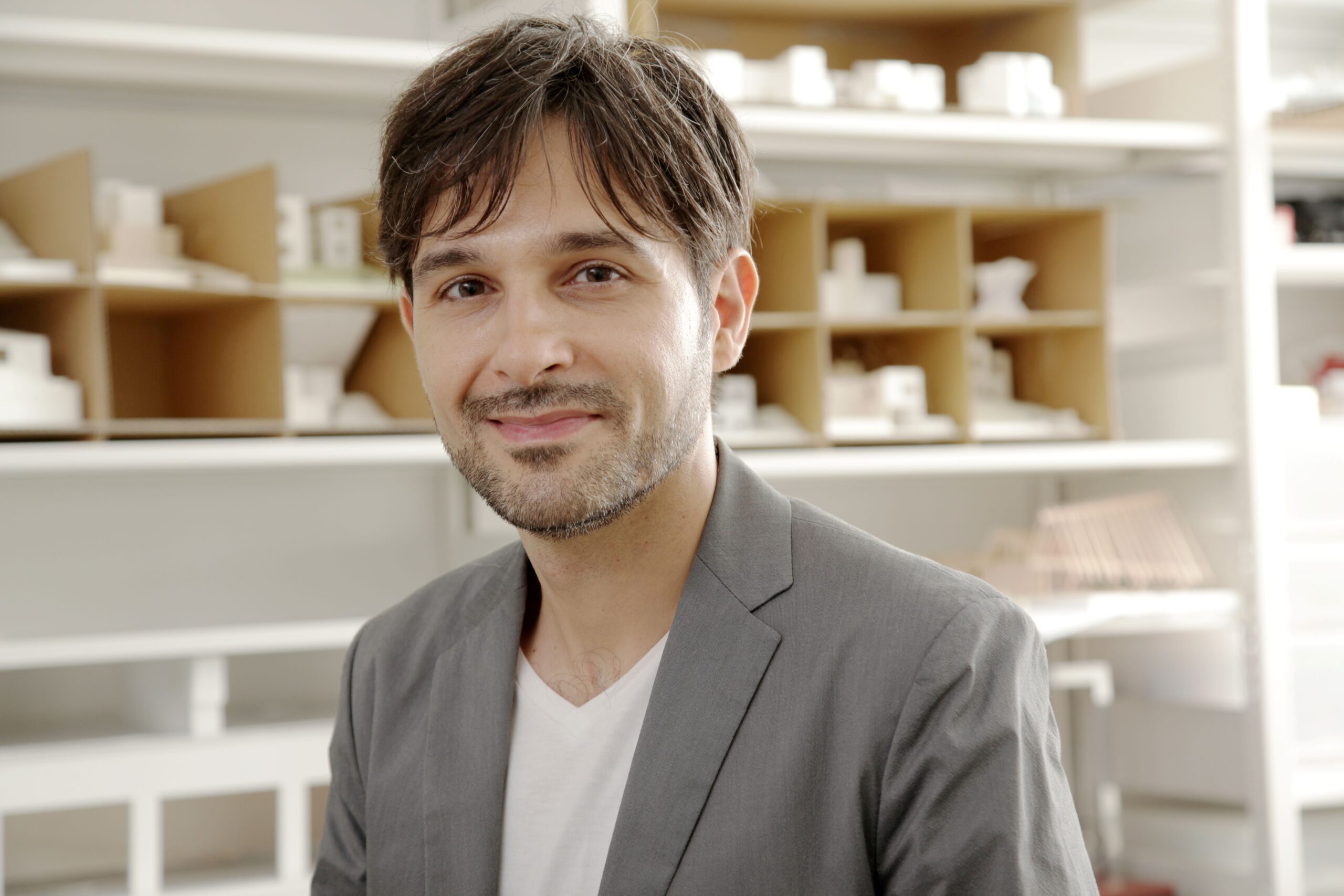
- This event has passed.
Jorge Almazán: Rebuilding Public SPACE from the Bottom-up: Research and Practice from Japan
July 29, 2023 @ 10:00 am - 12:00 pm

Jorge Almazán: Rebuilding Public SPACE from the Bottom-up: Research and Practice from Japan
Saturday, July 29, 2023 10:00 – 12:00
SPEAKER BIO:
Jorge Almazán is an architect based in Tokyo and an associate professor at Keio University. After graduating from the Architecture School of the Polytechnic University of Madrid, he obtained his Ph.D. at the Tokyo Institute of Technology. His office, Jorge Almazán Architects, is committed to environmentally responsible and socially inclusive projects. His awarded architectural designs for urban regeneration include the First Prize of the Ota City Urban Landscape Award (2019) and the Japan Institute of Architects’ Excellence Award (2018, 2022). He recently published “Emergent Tokyo: Designing the spontaneous city” (Oro Editions, 2021) and its Japanese version (Gakugei Shuppan, 2022).
LECTURE SUMMARY:
Drawing from research and design practice in Japan, Jorge Almazán will argue for the significance of architecture and urban design to rebuild the public realm in a bottom-up, emergent way. He will connect the research in his latest publication—Emergent Tokyo: Designing the Spontaneous City—with his projects and public space interventions in Japan.
A wealth of publications contends that Japan historically lacks a sense of publicness. Some attribute this to the absence of a pre-Meiji Period equivalent word to “public” in Japanese. Others suggest Japan’s lack of Western-style civic traditions. This lecture rejects this view as cultural essentialism that denies the importance of public space in Japan. Almazán builds the case for architecture and urban design as one of the primary devices that any society (Western or not) has in order to create and enhance public life.
This lecture will tackle this issue in the two radically different built environments to which Japan is gradually polarizing. The presentation’s first half focuses on Tokyo as Japan’s prime metropolitan agglomeration. Almazán will show how postwar Tokyo developed an emergent publicness that is alive today. However, it is increasingly under threat from neoliberal urban policies favoring the large-scale corporate redevelopment of its central neighborhoods.
The second half will focus on projects led by the speaker, primarily in small-city Japan. Through mapping, interventions in public space, and renovations of abandoned houses into community spaces, Almazán explores the benefits and difficulties of enhancing the public realm in the suburbanized and car-dependent environment of regional Japan.
Since the 1990s, cities worldwide have made a “neoliberal turn” in their policies, leaving the task of designing public space to the so-called market forces. Japan is no exception. As a result, Tokyo and many small cities across Japan have lost their vibrant streets and communities. How can architecture contribute to amending this tendency? What is the role of the architect in rebuilding public space? The final part of this lecture will address these questions and suggest possible answers on how to rebuild public life from the bottom up.
LEARNING OBJECTIVES:
After the lecture, participants will be able to
1. Discuss public space as a fundamental realm in any human habitat, avoiding the cultural essentialism that often revolves around the discussion on Japanese cities.
2. Describe specific features in Tokyo’s urbanism that allowed the city to build a unique public realm from the bottom up.
3. Identify the differences between public spaces in Tokyo and small Japanese cities. Examine the common challenges Japanese small cities share with other suburbanized regions worldwide.
4. Verify the potential and the limitations of a bottom-up approach to public space through the study of real interventions.


